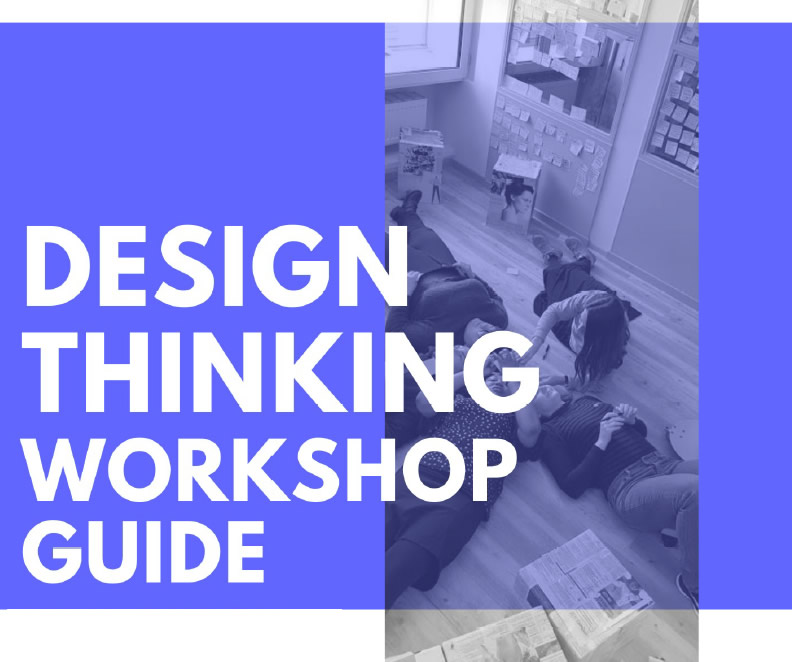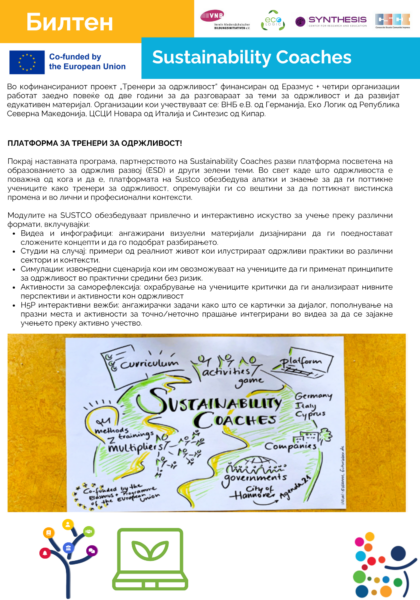This guide is intended to enable trainers from adult education institutions to go through an exemplary Design Thinking process with a team, thus enabling them to implement the method in their own organisation or networks. It focuses on the processes that underpin design thinking in practice. The workshops may last between 1 and 3 days, depending on the intensity of the different thematic steps. It has been developed in the framework of the Erasmus+ strategic partnership project D-LEARNING, bringing together representatives of organizations from 6 European countries who are actively implementing adult learning with different target groups.
The guide is complemented by the D-LEARNING Design Thinking manual for adult learning providers* that describes the entire Design Thinking process, suggests practical methods to complete the different iterative steps of the process, and concludes with 6 case studies from the work of the project partner organizations.
During the D-LEARNING project lifetime, the Covid19 outbreak changed the entire world – including adult learning opportunities. The project partners had to create new opportunities for implementing a Design Thinking process under the different national and local conditions dictated by this global pandemic. This means that many of the methods suggested in the D-LEARNING Design Thinking manual for adult learning providers have to be assessed against the respective local situation.
On the other hand, Design Thinking is about empathy, human-centred problem solving, teamwork and collaborative thinking. This indicates that we need such methodologies to find solutions that help to tackle human problems, like the ones caused by this pandemic. But how can we create trust and safety in teams, when some of the principles of team work are challenged? The truth is that every challenge creates opportunities. Design Thinking can help us to do that.
Possible challenges for a Design Thinking process in adult learning environments could be: How can we reinforce peer-to-peer learning in on-line workshops? Or: How can we touch the emotions of participants during an on-line based Design Thinking process?
There are plenty of interactive tools that help us to work collaboratively. From videoconference and webinar platforms to interactive whiteboards, on-line voting tools, on-line questionnaires and many more. You will find many of such helpful tools presented on the Electronic Platform for Adult Learning in Europe (EPALE).
In the following chapters we added sticky notes with tips & tricks which are intended to support you in your Design Thinking training sessions during restrictions caused by the pandemic, either in physical sessions taking into consideration general hygiene and distance regulations, or in virtual sessions with hints to some useful tools.




